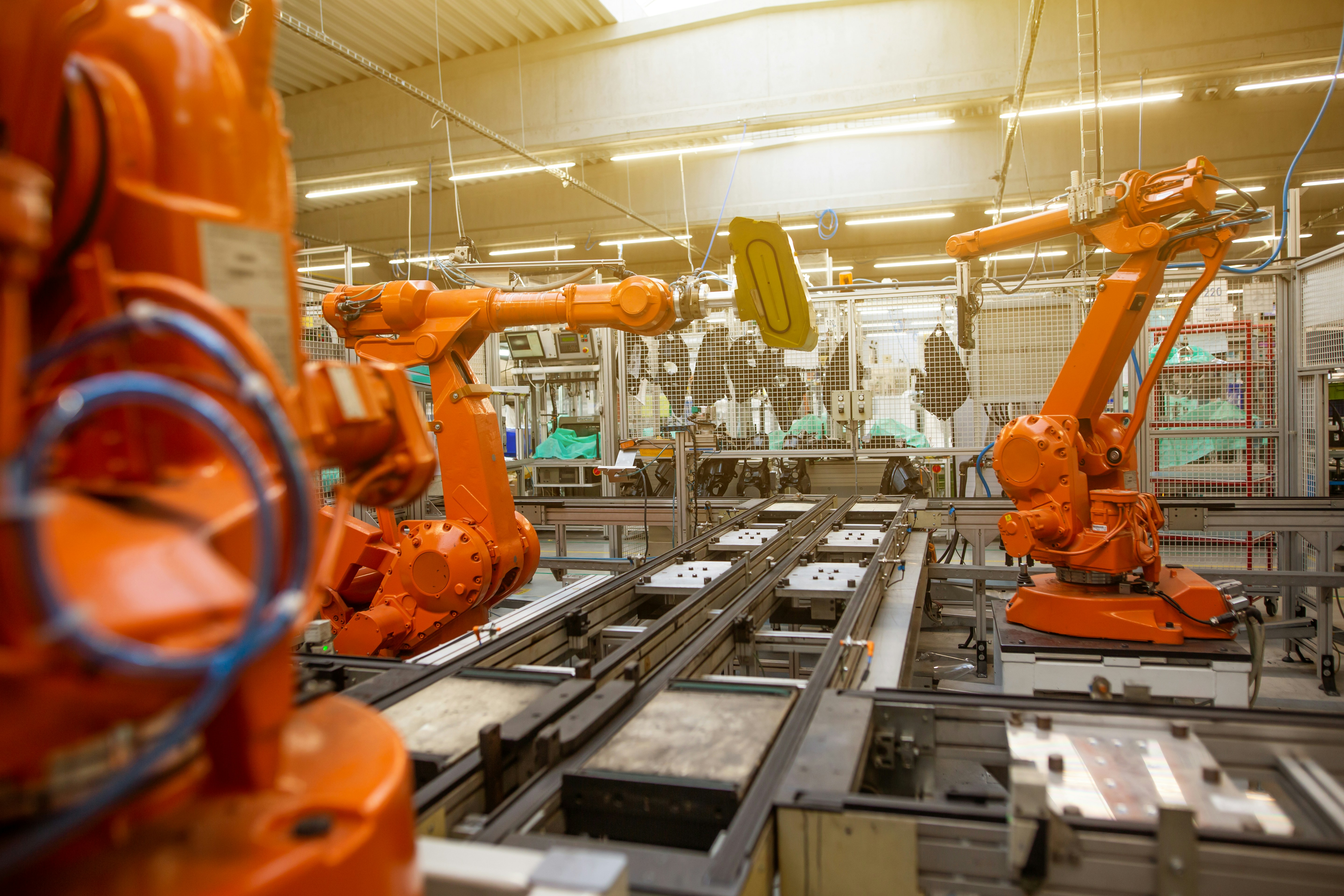Manufacturing Insights: Staying Updated with Trends, Technologies, and Best Practices
July 20, 2024 | by [email protected]
 Photo by Matthew Kwong on Unsplash
Photo by Matthew Kwong on Unsplash Latest Trends in Manufacturing
The manufacturing industry is experiencing a transformative shift, driven by the integration of advanced technologies and changing market demands. One of the most significant trends is the rise of smart manufacturing. This approach leverages automation, data analytics, and machine learning to enhance efficiency and productivity. By utilizing real-time data, smart manufacturing enables predictive maintenance, minimizes downtime, and optimizes production processes.
Another key trend is the integration of the Internet of Things (IoT) within manufacturing processes. IoT devices collect and transmit data across various stages of production, providing manufacturers with valuable insights into equipment performance, inventory levels, and supply chain dynamics. This connectivity facilitates more informed decision-making, reduces waste, and improves overall operational efficiency.
There is also a growing emphasis on sustainability and green manufacturing practices. Manufacturers are increasingly adopting environmentally friendly methods to reduce their carbon footprint and comply with stringent regulatory standards. This includes the use of renewable energy sources, recycling initiatives, and the development of eco-friendly products. By prioritizing sustainability, manufacturers not only contribute to environmental conservation but also enhance their reputation and appeal to eco-conscious consumers.
In response to the rising demand for customized products, manufacturers are embracing flexible production techniques. Advanced technologies like 3D printing and computer-aided design (CAD) enable the efficient production of bespoke items tailored to individual customer preferences. This shift towards customization helps manufacturers stay competitive in a market that values personalization and unique offerings.
Additionally, global supply chain shifts are reshaping the manufacturing landscape. Factors such as geopolitical tensions, trade policies, and the recent impact of the COVID-19 pandemic have prompted manufacturers to reassess and diversify their supply chains. By adopting a more resilient and adaptive approach, manufacturers can mitigate risks and ensure continuity in the face of disruptions.
Overall, these trends signify a dynamic and evolving manufacturing industry. Staying updated and adapting to these changes is crucial for manufacturers aiming to maintain a competitive edge and drive future growth.
Emerging Technologies and Best Practices
In the rapidly evolving landscape of manufacturing, several cutting-edge technologies are reshaping operations, driving efficiency, and optimizing costs. Advanced robotics stands at the forefront, offering unparalleled precision and speed. Robots equipped with sophisticated sensors and software can perform complex tasks, from assembly to quality control, with minimal human intervention. This not only boosts productivity but also ensures a higher level of consistency in product quality.
Artificial Intelligence (AI) and machine learning are further revolutionizing the industry. AI algorithms can analyze vast amounts of data to predict maintenance needs, optimize production schedules, and enhance supply chain management. Machine learning, a subset of AI, allows systems to learn from data patterns and improve their performance over time. This predictive capability helps in minimizing downtime and maximizing operational efficiency.
Additive manufacturing, commonly known as 3D printing, is another transformative technology. It allows for the creation of complex geometries that are difficult or impossible to achieve with traditional manufacturing techniques. This not only accelerates the prototyping process but also enables on-demand production, reducing the need for large inventories and cutting down on storage costs.
Implementing these technologies effectively requires adherence to best practices. Companies should start with a comprehensive assessment of their current operations to identify areas where these technologies can have the most impact. Pilot programs can be an effective way to test new technologies on a smaller scale before full deployment. Additionally, investing in employee training ensures that the workforce is equipped with the necessary skills to operate and maintain these advanced systems.
Case studies from various manufacturing settings highlight the successful adoption of these technologies. For instance, an automotive manufacturer integrated AI-driven predictive maintenance, resulting in a 20% reduction in unplanned downtime. Similarly, a consumer electronics company leveraged 3D printing to reduce prototyping costs by 30%, speeding up the time-to-market for new products.
By staying updated with these emerging technologies and best practices, manufacturers can not only enhance their operational efficiency but also gain a competitive edge in the market. The key lies in strategic implementation and continuous adaptation to the technological advancements shaping the future of manufacturing.
RELATED POSTS
View all


